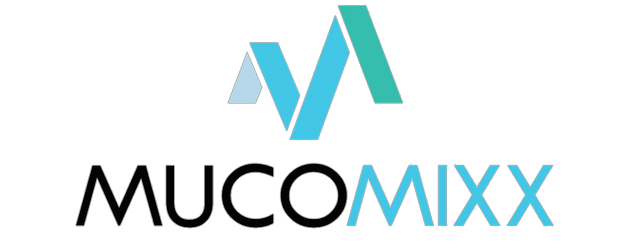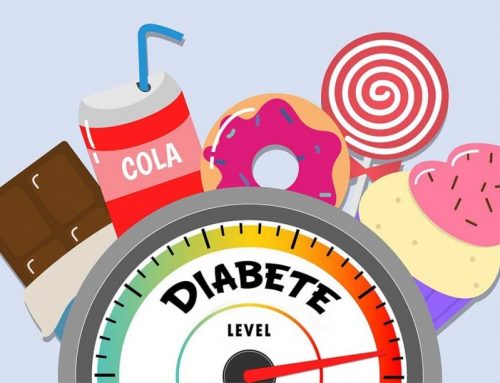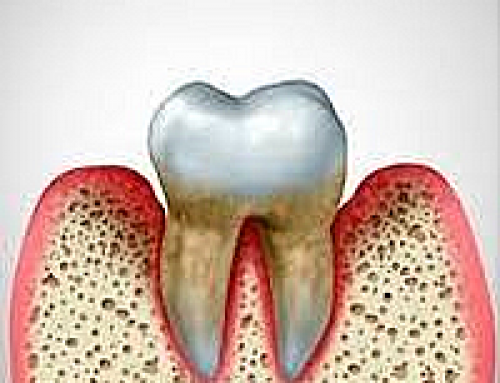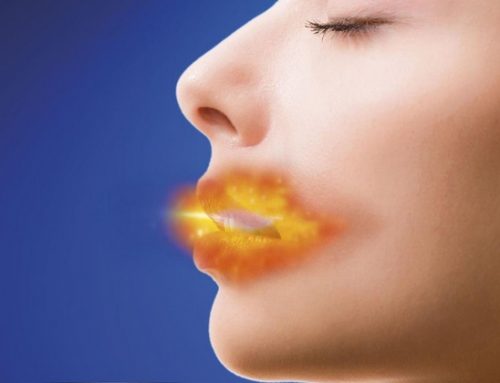Tasli, L., Mat, C., De Simone, C., & Yazici, H. (2006)
Abstract
There is increasing evidence that Lactic acid bacteria are able to exert anti-inflammatory action in varius diseases, in particular inflammatory bowel disease (1). A Lactobacillus strain has been recently characterized (Lactobacillus brevis CD2, proprietary strain of VSL Pharmaceuticals, Inc, Fort Lauderdale, FL, USA), which is endowed with a high activity of arginine deiminase (2). This enzyme acts on arginine, converts it to ammonia and citrulline and thus downregulates its conversion to nitric oxide, a major endogenous pro-inflammatory mediator. We have tested the efficacy of Lactobacillus brevis CD2 lozenges in oral ulceration (OU) among 25 consecutive patients with Behçet’s Syndrome (BS) in a pilot protocol. All patients had mainly skin-mucosa involvement with active OU and none was using systemic immunosuppressants. The patients chewed on 6 lozenges/day at intervals of 2-3 hours at daytime for 7 days. The number of OU was counted immediately before (1.visit) and after 1 week’s (2. visit) lozenge use. All patients were seen once more 1 week after the study ended (3. visit) and again the OU were counted. 23 patients completed the trial. 1 patient left the trial the second day because of nausea and another was a no show at the 2.visit. There was a significant decrease in the mean number of ulcers following treatment and this decrease continued at least for 1 week after the end of the treatment.(Table 1) 4/23 patients had side effects. Three patients complained of nausea and 1 patient of abdominal fullness. In this pilot and open study Lactobacillus brevis CD2 lozenges seemed to be rather effective in controlling the OU of BS. Randomized, controlled trials with this rather innocuous treatment are now clearly needed.
Clinical and Experimental Rheumatology, 24(5 Suppl 42), S83–6.








Scrivi un commento
Devi accedere, per commentare.